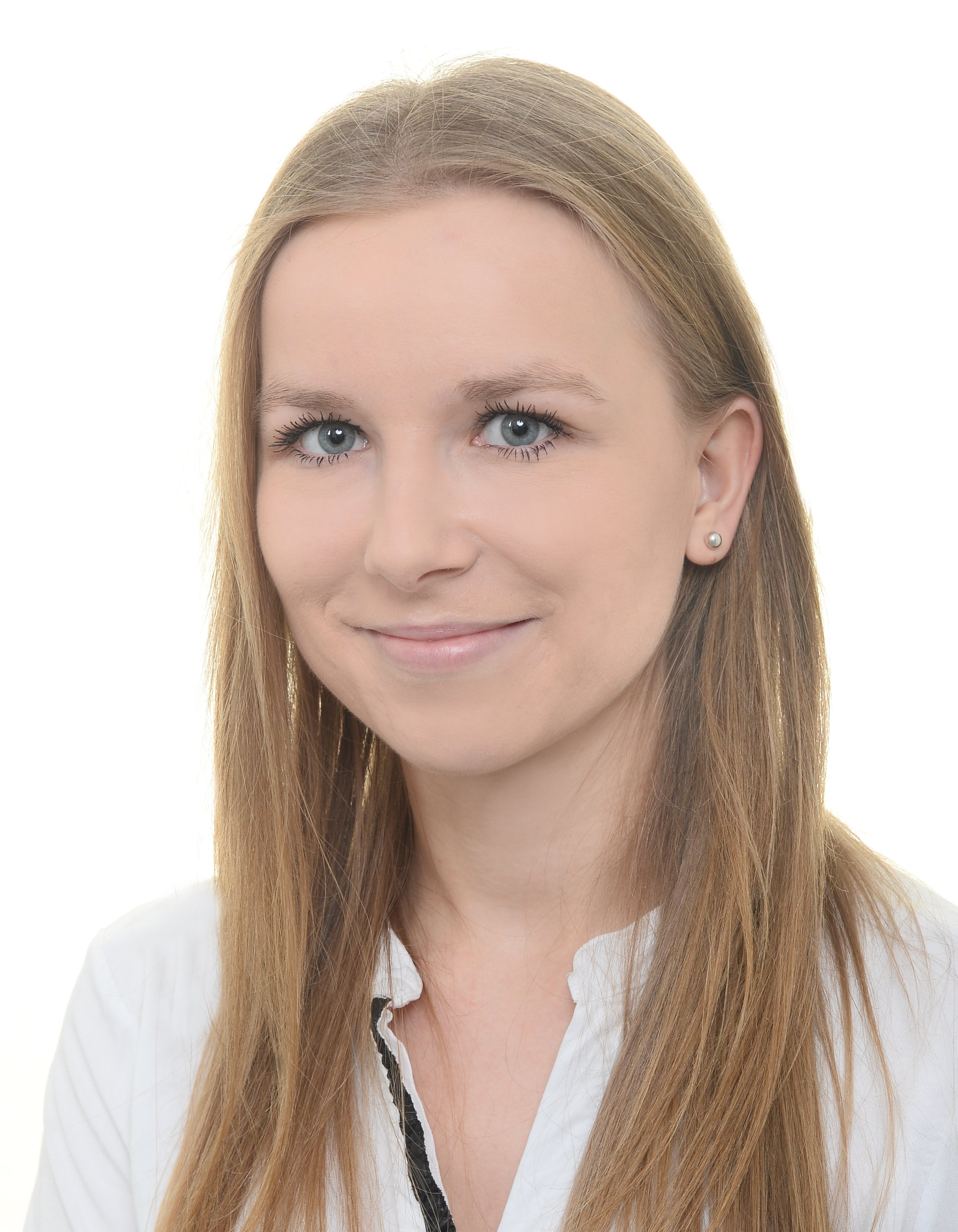Editor's Choice
Latest Content
Snackification Can Only Grow in One Way: Healthily
22 Mar 24Snackification describes the phenomenon of people increasingly consuming smaller meals (snacks) throughout the day, instead of the classic three daily meals that was the norm for many decades - especially in Western countries.
Unlocking Fragrance Consumer Trends in Western Europe
19 Mar 24A deep dive into consumer preferences in fragrance purchases in Western Europe highlights notable distinctions in how men and women prioritise specific functional details.
Will the European Entry/Exit System Cause Border Delays?
5 Feb 242024 will see the introduction of new migration formalities which will impact visitors to Europe’s Schengen zone, with an expected 285 million arrivals into the area this year.
Beyond E-Commerce: The Marketplace Wave Reshaping Western Europe's Retail Landscape
19 Jan 24Marketplaces are expected to continue expanding their online dominance. Such growth is being widely driven by the evolving preferences of online shoppers who increasingly favour the convenience, variety, and competitive pricing offered by digital marketplaces—online retail platforms for which the bulk of sales follow a marketplace model.
Three Trends Shaping the New European Consumer Landscape
16 Jan 24Today's European consumer is diverse and changing in terms of age, wealth, values and behaviours. The economic environment in which they live also shapes consumer needs and perspectives. Companies need to deeply understand the future European consumer landscape to keep up with changing consumer demands and capitalise on new opportunities. Euromonitor International has identified three trends that will define the consumer landscape in Europe: ageing, single-living and value seeking.
Seasonality, Power Ingredients, and Retinol: Skin Care Ingredient Trends in Western Europe
9 Jan 24Consumer focus on health, safety and ingredients has naturally expanded and become a prominent theme within skin care. Consumers have grown more interested in shopping for star ingredients first and foremost, before gravitating immediately to certain brands. Increase in digital educative platforms as well as ongoing consumer demand for efficacy, transparency and safety has led to a rise of ingredient-led beauty.






